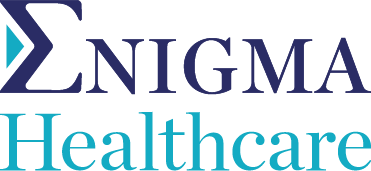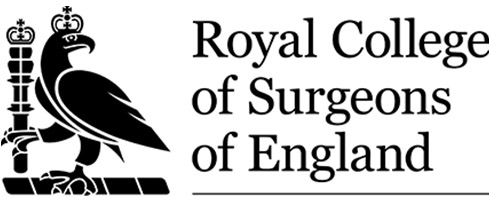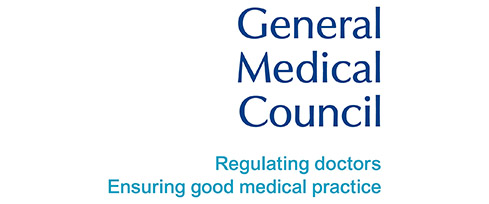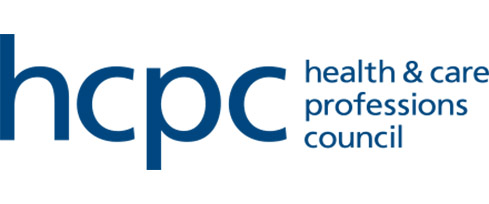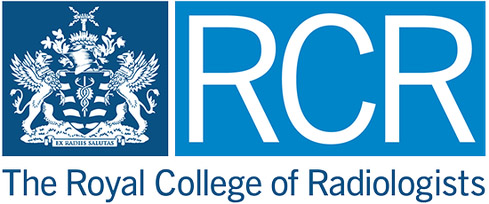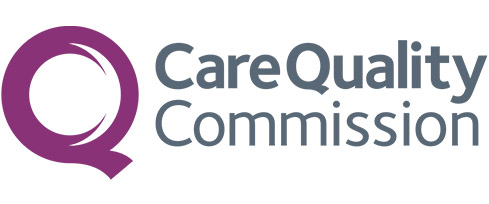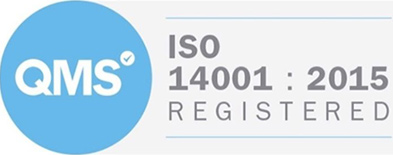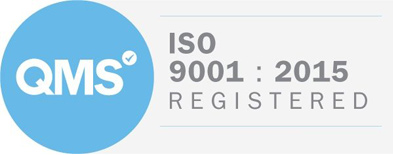By Ava Patiniott
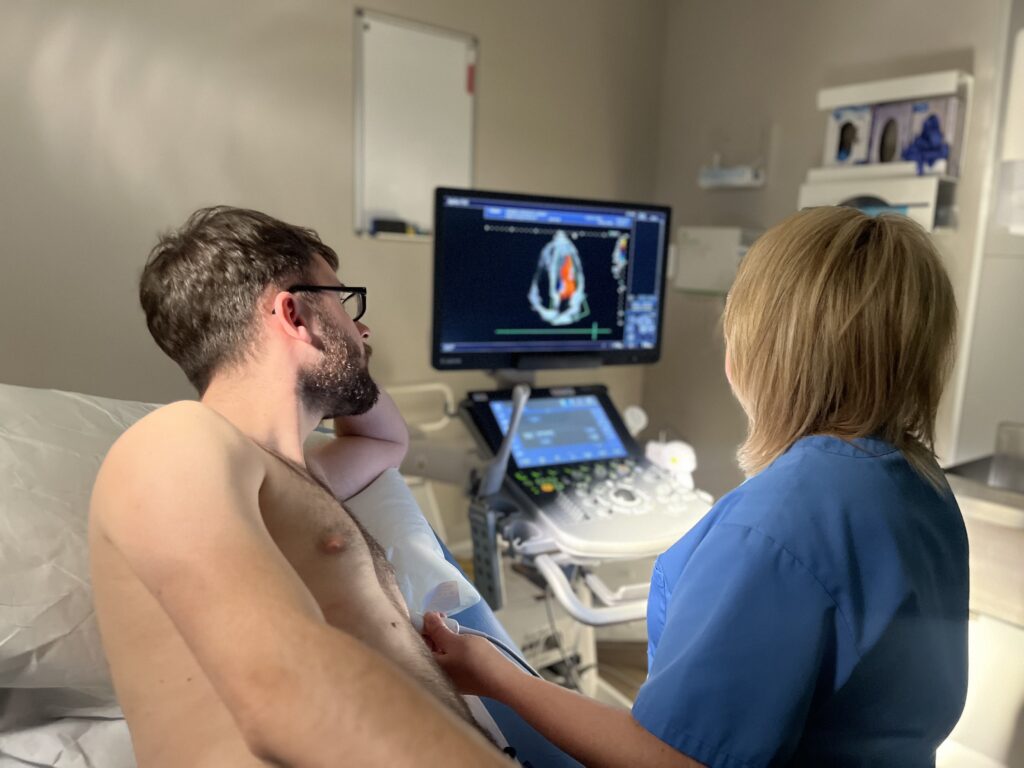
World Heart Rhythm week aims to raise awareness about heart arrhythmias. These irregular heartbeats, which can be too fast (tachycardia) or too slow (bradycardia), affect millions worldwide. While many arrhythmias are harmless, some can lead to serious complications like stroke, heart failure, or sudden death.
History and Advances
Over the past decades, significant progress has been made in diagnosing and treating arrhythmias. Techniques such as intracardiac studies and electrocardiograms (E.C.G.) have lead to advanced treatments such as pacemakers, implantable defibrillators, and catheter ablation.
Importance of Awareness
World Heart Rhythm Week emphasizes the importance of recognizing symptoms, which can range from palpitations and lightheadedness to severe chest pain and fainting. Early detection through regular heart check-ups can save lives. Lifestyle changes such as quitting smoking can reduce arrhythmia risks.
How to get involved in World Heart Rhythm Week
- Educate Yourself and Others: Learn about different types of arrhythmias, their symptoms, and treatments. Share this knowledge with family and friends.
- Get Your Heart Checked: Schedule a heart examination to ensure your heart is healthy.
- Support the Cause: Consider donating to organizations like the Arrhythmia Alliance, which works to improve arrhythmia research and treatment.
Key Facts About Arrhythmia
- Most arrhythmias are manageable and not life-threatening.
- Children can also suffer from arrhythmias.
- Smoking increases the risk of arrhythmias.
- There are various types of arrhythmias, each with unique symptoms.
- Heart rhythm relies on electrical functions within the heart.
Cardiology at Enigma Healthcare
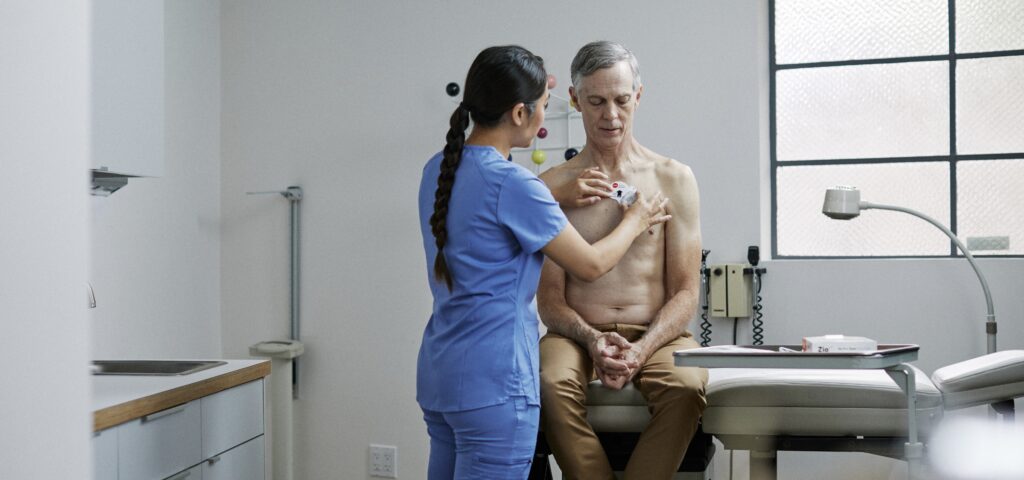
At Enigma Healthcare, we offer a range of cardiovascular screening tests and assessments to put your mind at rest. This includes: Consultant Cardiology Clinics, Practitioner Led Services, Cardiovascular Screening Tests, Zio Cardiac Monitor, Echochardiography (ECHO), Electrocardiogram (ECG), Carotid Screening, and Abdominal Aortic Aneurysm screening (AAA).
For more information, please visit our website:
